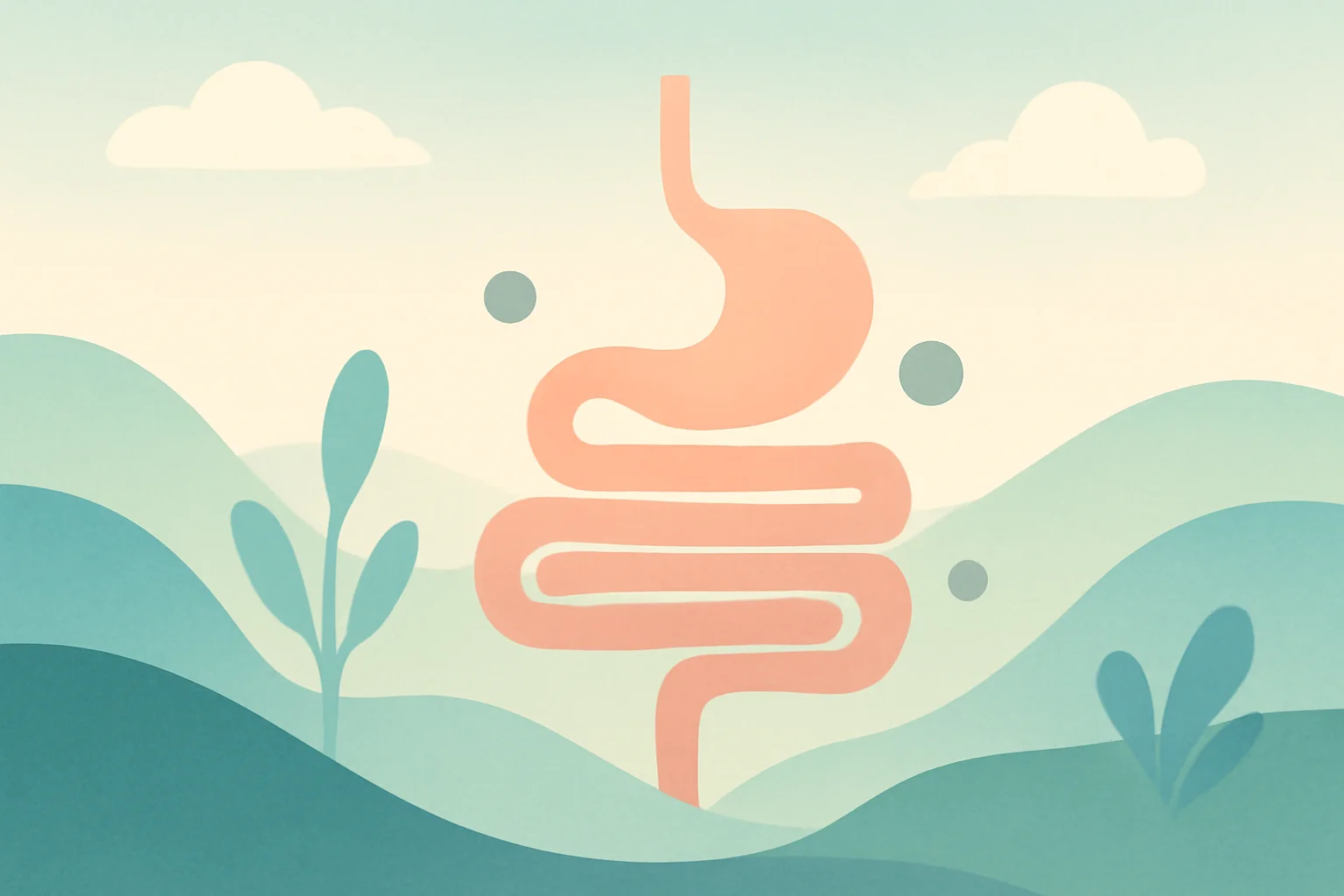
Abdominal Pain and Cramps: Causes, Symptoms, and Effective Solutions
A abdominal pain and cramps can be common companions in everyday life, and many people experience these symptoms. These complaints can arise from various causes, ranging from harmless, temporary issues to more serious health conditions. Abdominal pain can be particularly bothersome, as the abdominal area is sensitive and encompasses many different organs. Cramps often appear suddenly and can be accompanied by intense pain, making daily activities difficult.
Understanding the causes of pain and cramps is crucial for appropriate treatment. The underlying reasons for the symptoms cover a wide spectrum, from stress and poor diet to various gastrointestinal diseases. Mindful eating, stress management, and a proper lifestyle can help prevent or alleviate symptoms. However, it is important to consult a doctor if the pain persists or has more serious consequences. A proper diagnosis and treatment are essential for addressing the problems underlying abdominal complaints.
What can cause abdominal pain?
Abdominal pain can arise from numerous causes, and the nature, location, and intensity of the pain can assist in diagnosing the issue. Gastrointestinal problems are among the most common triggers. For example, food poisoning, gastritis, and intestinal inflammations are conditions that can cause abdominal pain. The buildup of gas in the intestines or bloating can also create discomfort, often accompanied by cramping pain.
Additionally, menstrual cramps are common in women, occurring on certain days of the cycle and resulting from uterine contractions. Gynecological issues, such as ovarian cysts or uterine fibroids, can also lead to abdominal pain. Abdominal pain can be related not only to the gastrointestinal system but also to other systems, such as urinary tract problems, like kidney stones, which can also cause pain.
Stress and anxiety can be significant factors contributing to the development of abdominal pain. Stress can increase the production of stomach acid, which may lead to heartburn and pain. Stress management and relaxation techniques can help in this area, as they may reduce symptoms.
Thus, abdominal pain is a complex issue that can develop due to the combined effects of various factors. Understanding and identifying the cause of the pain is essential for appropriate treatment.
Characteristics and causes of cramps
Cramps are sudden, intense pains that usually occur in the abdominal area. These pains often manifest intermittently and can sometimes be unbearable. The cause of cramps may be an increase or decrease in bowel movements, indicating a disruption in the functioning of the digestive system.
One of the most common causes is bowel cramps, which arise from the contraction of the muscles in the gastrointestinal tract. This can frequently occur with various digestive disorders, such as irritable bowel syndrome (IBS). IBS is a functional bowel disease that can develop due to eating habits, stress, and other factors, characterized by abdominal pain and bowel cramps.
In addition, menstrual cramps, or dysmenorrhea, are also common among women. These pains occur during the cycle and are associated with the contraction of the uterine muscles. The intensity and duration of the cramps can vary, causing significant discomfort for many women.
Other organ-related issues, such as kidney stones or gallstones, can also cause cramping pain. These stones can block pathways, resulting in painful cramps. Urinary tract infections may also be associated with cramps, especially if the inflammation extends to the bladder or kidneys.
Treatment for cramps typically focuses on eliminating the underlying causes. Diet, proper hydration, and stress management techniques can help alleviate symptoms. Doctors often recommend pain relievers or muscle relaxants for treating cramps.
How can abdominal pain and cramps be prevented?
To prevent abdominal pain and cramps, it is important to adopt a mindful lifestyle and proper nutrition. A balanced diet rich in fiber, vitamins, and minerals can help maintain the health of the digestive system. Fresh vegetables, fruits, whole grains, and adequate fluid intake contribute to regulating bowel movements and preventing bloating.
It is essential to avoid processed foods and overly fatty or sugary items, as these can irritate the stomach and intestines. Consuming regular and smaller meals between larger ones can also help reduce stress on the digestive system.
Stress management is also of paramount importance. Relaxation techniques such as meditation, yoga, or breathing exercises can help lower stress levels, which positively affects the functioning of the digestive system. Regular physical activity also has beneficial effects, as it stimulates bowel movements and contributes to overall well-being.
Additionally, regular medical check-ups are important, as early diagnosis can help prevent more serious health issues. If abdominal pain or cramps occur frequently, it is advisable to consult a doctor to rule out more serious diseases.
Therefore, preventing abdominal pain and cramps requires a conscious lifestyle and attention, which helps avoid symptoms and maintain health.
**Warning:** This article does not constitute medical advice. In case of health problems, everyone should follow their doctor’s advice.

